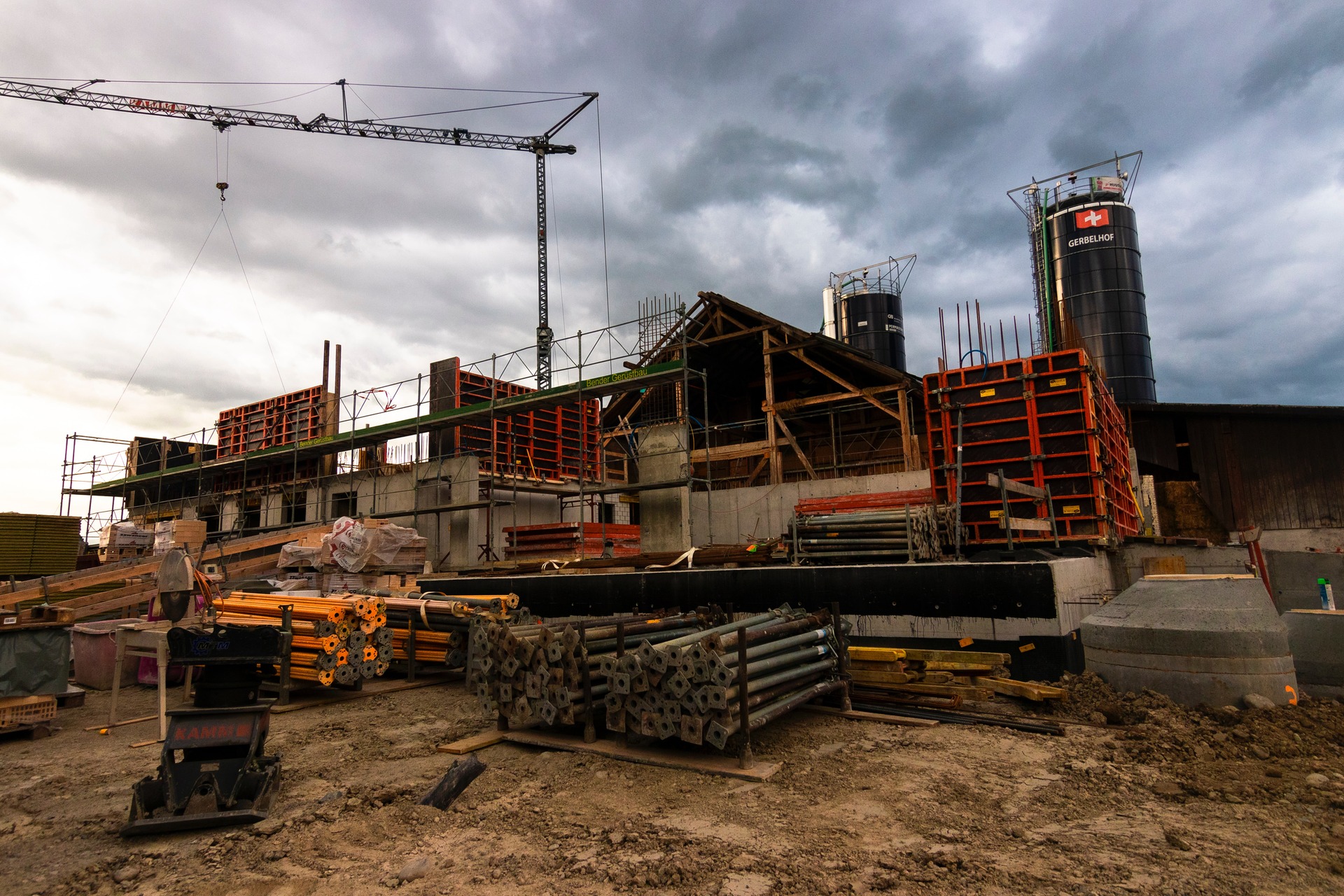10 Construction Procurement Tips for Efficient Project Management

We are reader-supported. When you buy through links on our site, we may earn an affiliate commission.
Practical construction procurement tips upgrade your business and bridge the gap between design and execution. They ensure you obtain resources at the best value, meet quality standards and receive them on time.
Knowing effective procurement strategies helps in controlling costs, maintaining project schedules and ensuring the overall success of the construction project. Here are valuable insights to optimize your procurement processes and drive project success.
1. Understand Your Project Needs
Clearly defining project requirements sets the foundation for all subsequent decisions, from selecting materials to choosing suppliers. It also minimizes the risk of delays, cost overruns and quality issues. Here are some tips to accurately assess and outline project needs.
- Detailed project scope: Develop a comprehensive project scope, including exact specifications, expected quality standards and project timelines.
- Stakeholder consultation: Engage with all stakeholders to understand their perspectives and requirements.
- Market research: Conduct market research to understand the availability and sources of materials and services.
- Prioritize requirements: Differentiate between “must-have” and “nice-to-have” elements.
- Review and update: Regularly review and update the requirements as the project evolves.
2. Establish Strong Supplier Relationships
Building and maintaining good supplier relationships is among the most crucial construction procurement tips. These relationships are more than just transactional — they’re about building trust and mutual respect, leading to better pricing, priority service and access to higher-quality materials.
Keeping suppliers in the loop about project needs and expectations is vital while being open to their feedback and concerns. This approach fosters a positive working environment and opens the door to more favorable terms and collaborative opportunities.
3. Leverage Technology for Procurement Processes
Procurement software and technology streamline procurement processes, increasing efficiency, cost savings and accuracy. Here’s how:
- Enhanced efficiency: Procurement software automates order processing, invoicing and tracking deliveries.
- Improved supplier management: Software solutions can store and manage supplier information, making it easier to compare suppliers, manage contracts and maintain good relationships.
- Data analytics and reporting: Advanced analytics offer valuable insights into procurement patterns, helping in strategic decision-making.
Moreover, contract management tools help efficiently create, manage and monitor supplier contracts. Utilizing these construction procurement tips can enhance the organization, cost-effectiveness and efficiency of processes in construction projects.
4. Implement Effective Budget Management
Creating and adhering to a procurement budget is essential for the financial health of any construction project. Here are some tips to effectively manage this aspect:
- Detailed cost analysis: Break down the project into smaller components and estimate costs for each.
- Realistic budgeting: Set a realistic budget considering market trends, potential cost fluctuations and unforeseen expenses.
- Regular monitoring: Continuously monitor expenditures against the budget to detect overspending and correct them timely.
- Prioritize spending: Identify critical elements of the project and allocate funds accordingly.
Effective budget management aligns procurement activities with the overall financial goals of the project, contributing to its successful completion within the allocated resources.
5. Prioritize Quality Over Price
High-quality materials and services ensure the longevity and safety of a construction project. Quality also impacts the overall aesthetic and functionality of the project, which is crucial for client satisfaction and reputation building.
Implementing strict quality assurance processes ensures that even more budget-friendly options meet the project’s minimum quality standards, balancing cost efficiency and quality. It affects how teams finish a job and ensure they address all quality concerns.
Executing a complete closeout of a construction project is a prevalent issue in construction, with 69% of contractors saying they experience challenges closing a project due to quality assurance.
6. Engage in Competitive Bidding
Competitive bidding is among the essential construction procurement tips that provide numerous benefits. It encourages transparency and fairness as suppliers compete to offer the best value.
This competition often leads to lower costs, higher quality and innovative solutions. Additionally, it helps prevent favoritism and corruption, ensuring the selection depends on merit and the best fit for the project.
A crucial tip for those planning to bid is to conduct thorough market research beforehand. Understand current market trends, prices and the capabilities of potential suppliers.
Such research provides a benchmark against which to evaluate bids, ensuring that you have realistic expectations and can effectively assess the value and competitiveness of the other offers.
7. Ensure Legal and Regulatory Compliance
Understanding and adhering to legal requirements in construction procurement is crucial. It ensures compliance with laws and regulations, avoiding legal disputes and penalties. It protects against liability and fosters stakeholder trust, critical to risk management.
Here are construction procurement tips concerning regulations:
- Regular training: Engage in ongoing legal seminars and workshops.
- Legal counsel: Access legal counsel specializing in construction and procurement law.
- Industry associations: Professional associations provide resources and updates on legal changes affecting the industry.
- Government resources: Utilize government websites and publications for the latest legal information.
- Networking: Industry peers can offer insights and share experiences related to compliance and legal challenges.
8. Focus on Sustainable Procurement Practices
Sustainability in construction procurement addresses environmental impacts and promotes responsible resource use. This approach enhances the project’s marketability and compliance with regulatory requirements while often providing long-term cost savings.
Set clear sustainability goals and guidelines for your procurement process. Then, actively partner with suppliers and manufacturers committed to environmental responsibility and sustainable practices.
9. Develop a Risk Management Strategy
Risk management in procurement maintains the stability and predictability of construction projects. It involves identifying, assessing and mitigating risks affecting project cost, quality and timelines.
Strategies for mitigating procurement risks include diversifying the supplier base to reduce reliance on a single source, drafting clear contracts with risk-sharing clauses and implementing strict quality control measures.
Moreover, regular market analysis helps anticipate market changes that could impact procurement, while contingency planning prepares for critical risks. Continual monitoring and review of the process and strategies help adapt to evolving threats and maintain control in procurement.
10. Continuous Improvement and Evaluation
Ongoing assessment and improvement of procurement processes ensures they remain efficient, cost-effective and aligned with the evolving needs of construction projects. It helps identify inefficiencies, outdated practices or emerging risks.
Establishing a routine review schedule involves quarterly or bi-annual reviews and analyzing key performance indicators like cost savings, supplier performance and timeline adherence.
Likewise, implementing a feedback loop where learnings from each project inform future procurement strategies ensures the process is reactive and proactive in adapting to changing needs and opportunities.
Construction Procurement Tips for a Better Tomorrow
By prioritizing quality, embracing technology and staying adaptable to changes, you can enhance the efficiency and success of your procurement process. Remember, efficient procurement is a foundational element that drives project success.
Adopting these construction procurement tips optimizes your current projects and paves the way for future achievements in the dynamic construction world.










